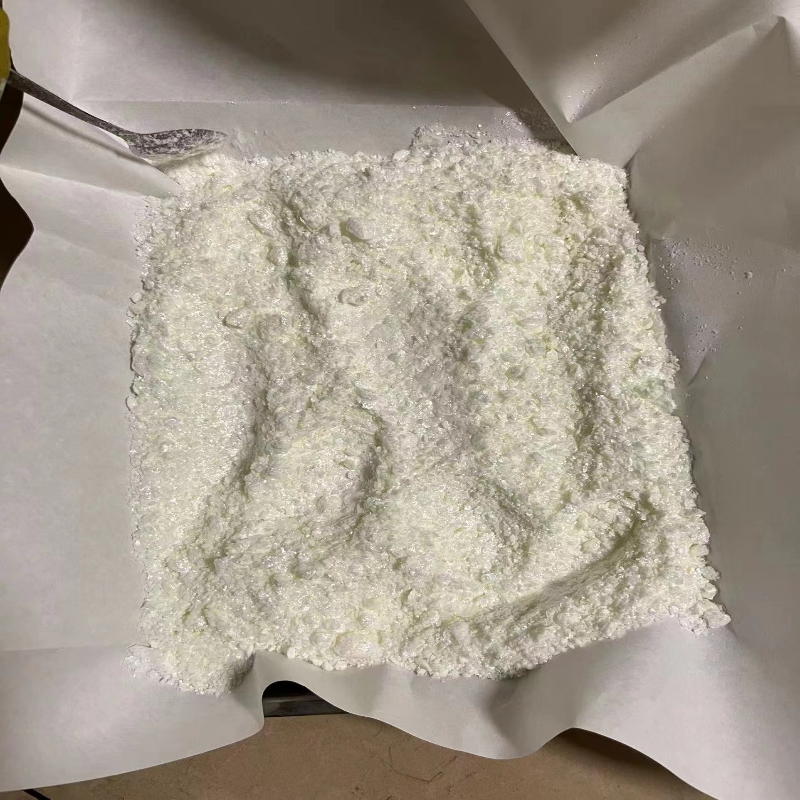-
Categories
-
Pharmaceutical Intermediates
-
Active Pharmaceutical Ingredients
-
Food Additives
- Industrial Coatings
- Agrochemicals
- Dyes and Pigments
- Surfactant
- Flavors and Fragrances
- Chemical Reagents
- Catalyst and Auxiliary
- Natural Products
- Inorganic Chemistry
-
Organic Chemistry
-
Biochemical Engineering
- Analytical Chemistry
-
Cosmetic Ingredient
- Water Treatment Chemical
-
Pharmaceutical Intermediates
Promotion
ECHEMI Mall
Wholesale
Weekly Price
Exhibition
News
-
Trade Service
The automotive industry is transitioning from internal combustion engines to battery power at breakneck speed
.
DuPont has been a supplier to the automotive industry for more than 100 years, so the company has extensive experience managing change
.
But even the company's experts agree that the pace of change in today's industry is unprecedented
.
“Our customers face enormous challenges
.
Many companies need to balance their capabilities to continue developing their existing range of internal combustion engine-powered vehicles while rapidly developing applications for battery or hybrid vehicles,” noted Giacomo Parisi, Senior Mobility Marketing Director, “ We believe that because of our deep knowledge of the industry, we are in a very good position to support customers in having an open dialogue about the challenges they face
.
"
Automotive OEMs employ a comprehensive strategy to achieve their sustainability goals
.
One approach is to choose materials with an environmentally friendly footprint, such as bio-sourced materials or materials with high flow properties, that help reduce cycle times and thus lower energy costs
.
The second avenue is to focus on the environmental footprint of the end application and improve this by leveraging the properties of plastics such as weight reduction and part integration design capabilities
.
But perhaps no change will have as big a sustainable impact as the transition to more battery-powered vehicles
.
According to the U.
S.
Environmental Protection Agency, a typical passenger car emits about 4.
6 tons of carbon dioxide per year
.
Most electric vehicles do not emit exhaust gas
.
Steam Power Plants and Biofeeds
Steam Power Plants and BiofeedsDuPont said that no matter which path customers take to improve sustainability, it is working on solutions that support customers
.
An example of the company's recently developed sustainable solutions for automotive and other applications is Delrin Renewable Attributed, the latest addition to the company's established line of Delrin polyacetal grades
.
Delrin Global Product Manager Andreas Zöller explains that the base polymer is manufactured using 100% waste bio-feedstock and certified by the International Sustainability and Carbon Certification (ISCC Plus) mass balance certification system
.
Biological raw materials are supplied from second generation sources and do not compete with the food and feed chain
.
Going a step further, the base polymer production facility in Dordrecht, the Netherlands, is powered by steam from energy recovery
.
This new material clearly has properties that support auto parts manufacturers in improving their sustainability goals
.
In addition, Zöller points out that this is a transition for manufacturers who have specified the company's other polyacetal grades
.
Laurent Lefebvre, director of automotive marketing, explained that auto parts suppliers are keen to tackle more sustainable solutions, but these often need to fit easily into established processes
.
"The industry is evolving rapidly, and our customers are continuing to optimize their legacy product lines while also investing in capacity for new BEV-related applications," he noted
.
As a result, manufacturers prefer products that do not require extensive testing or new investments Ready-to-use solution
.
For Delrin Renewable Attributed, typical applications in the automotive sector include gears, seat belt systems, moving parts in doors, and fasteners and clips
.







